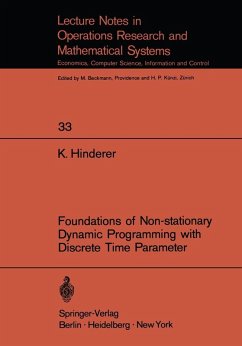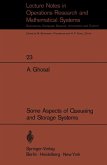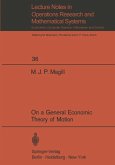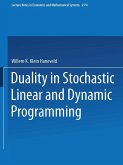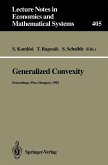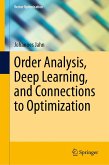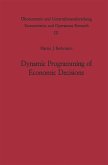The present work is an extended version of a manuscript of a course which the author taught at the University of Hamburg during summer 1969. The main purpose has been to give a rigorous foundation of stochastic dynamic programming in a manner which makes the theory easily applicable to many different practical problems. We mention the following features which should serve our purpose. a) The theory is built up for non-stationary models, thus making it possible to treat e.g. dynamic programming under risk, dynamic programming under uncertainty, Markovian models, stationary models, and models with finite horizon from a unified point of view. b) We use that notion of optimality (p-optimality) which seems to be most appropriate for practical purposes. c) Since we restrict ourselves to the foundations, we did not include practical problems and ways to their numerical solution, but we give (cf.section 8) a number of problems which show the diversity of structures accessible to non stationary dynamic programming. The main sources were the papers of Blackwell (65), Strauch (66) and Maitra (68) on stationary models with general state and action spaces and the papers of Dynkin (65), Hinderer (67) and Sirjaev (67) on non-stationary models. A number of results should be new, whereas most theorems constitute extensions (usually from stationary models to non-stationary models) or analogues to known results.
Dieser Download kann aus rechtlichen Gründen nur mit Rechnungsadresse in A, B, BG, CY, CZ, D, DK, EW, E, FIN, F, GR, HR, H, IRL, I, LT, L, LR, M, NL, PL, P, R, S, SLO, SK ausgeliefert werden.

